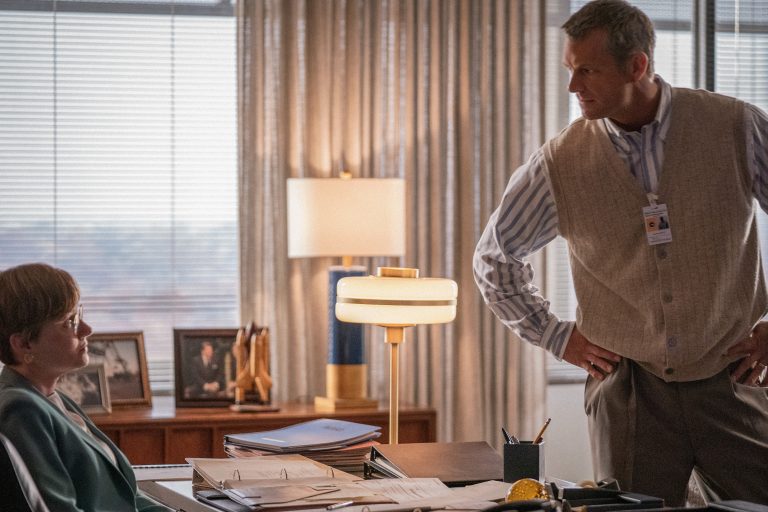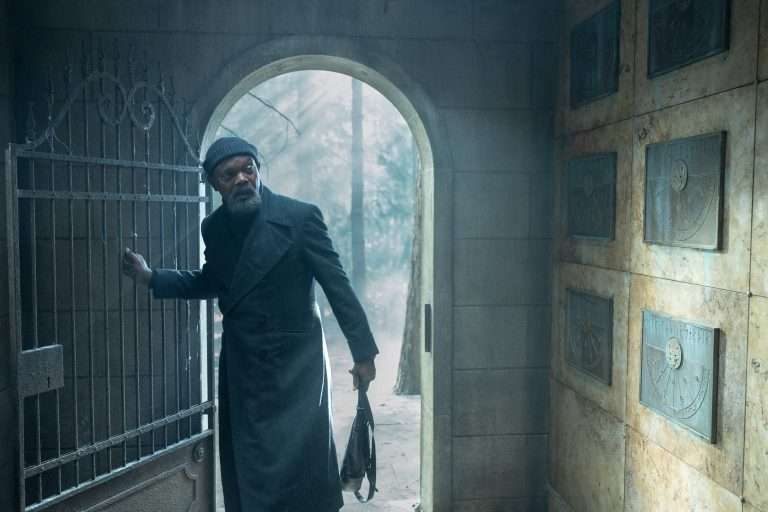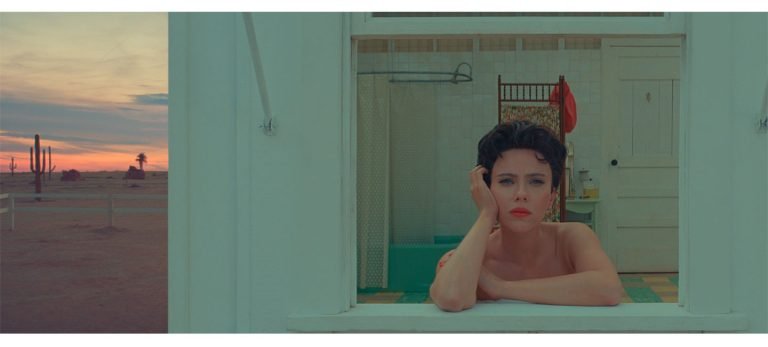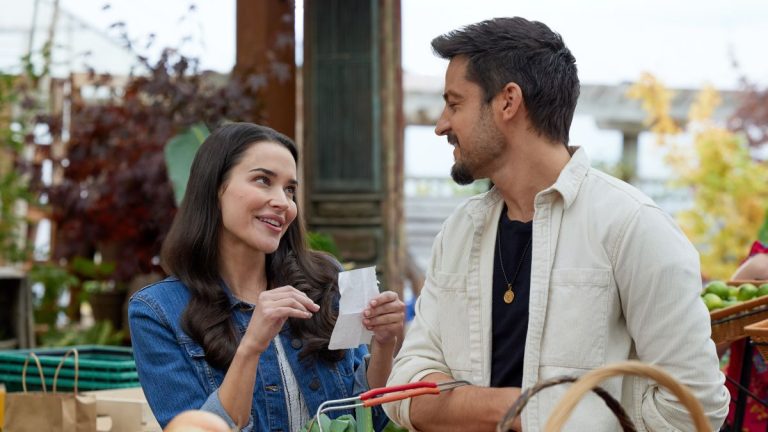Watching a restored version of “Cinema Paradiso” (1988) with the director, Giuseppe Tornatore present, was an event that baptized me into the experience of movies, what they mean, and what they can do. Set in the small Italian town of Giancaldo, the relationship between the two protagonists, Toto, a young boy, and Alfredo, the old projectionist in the only movie theatre in town called Cinema Paradiso, seems to follow a very familiar yet comforting template — the lost boy and the unexpected guardian. Salvatore ‘Toto’ Di Vitta is a vivacious young child of eight, full of energy he does not know where to direct it, thereby causing trouble for everyone around him.
Toto falls asleep at his job as the altar boy and pesters Alfredo to let him into the projection booth. He also begs Alfredo to give him some of the spliced-off reels of kissing scenes the priest had censored, and later, he steals them. Toto stores those stolen reels under his bed and they catch on fire, almost endangering the life of his little sister. He also wanders off with the money his mother gives him for errands to watch movies and is saved from her wrath only when Alfredo intervenes, pretending that Toto had been let in for free and he ‘found’ the money lying on the cinema floor. Alfredo eventually lets him into the booth, showing him the often dull drudgery that predominates his job but also the other, more pleasant aspects —
“Oh, you get used to it. Sometimes you can hear that the house is full of people laughing and having fun. Then you’re happy too. It makes you feel good to hear them. Like you’re the one who made them laugh – who made them forget their troubles. That part I like.”
It’s further evident in one of the more striking scenes in the film, one where Alfredo moves the projection to screen the film outside, on the wall of a giant building in the square for people who could not get in to watch the film. The crowd gathers, hooting and rejoicing as Alfredo and Toto observe them, taking pleasure in their happiness. Alfredo introduces cinema to Toto, never as a private experience, but as one vital to the life of a community.
This is the day Toto understands the more meaningful satisfaction that exists in being behind the audience, in watching people watch the film. The day also marks the end of Alfredo’s time in the projection booth. The film reel erupts into flames, and the cinema burns down. Toto manages to save his life, and his little figure trying to drag away the mighty Alfredo is quite moving. However, Alfredo loses his vision in the accident.
A new cinema has been built — Nuovo Cinema Paradiso – and Toto is the operator of the projection booth, the only one in the village who knows the skill. Now, Alfredo is the guest in the projection room. He enters the new projection room to see Toto by joking “Any room for me in this new paradise?” Toto has more than enough room and in this new stage, their friendship grows even deeper as Toto grows into adolescence and shares his fears, anxieties, and desires that come with that age.
The visually impaired Alfredo is neither a tragic nor a heroic figure. He is still the same eccentric and funny man, just without sight. He continues to be Toto’s confidant and shares his witticisms with him every day. Ironically enough, he is at last part of the audience now rather than being above it — his wife describes the scenes as they are happening on screen and he shares in everyone’s reactions.
Toto falls in love with a new girl, Elena, for whom he waits for 100 days outside her window, to get a sign of her reciprocation. He records her with his film camera and describes her beauty to Alfredo in ways only young lovers can feel unashamed to verbalize — “She’s very nice. My age, slim, long brown hair. Big blue eyes, honest and direct. A little beauty mark on her lip. Very small. You only see it up close. When she smiles, you feel like – I don’t know.” Their youthful romance is short-lived once her father finds out and he has to go to Rome for his military service.
His letters go undelivered and he grows morose. That is the point when Alfredo, with all his might and urgency, pushes him to leave Giancaldo forever. Fond of quoting movie dialogues to advise Toto, at that moment he uses his own words because “Life isn’t like in the movies. Life… is much harder.” Alfredo has watched enough films enough times to be fond of romance but also knows enough of life to know that the reconciliation of the two separated lovers would never happen, and if nothing else, Toto’s youth allowed him a chance to go elsewhere and reconstruct his life somewhere with more possibilities and lesser ghosts. He urges him to leave their village and never ever look back, to forget him and everybody else. It is this scene that has the famous dialogue —
“Get out of here!…. Don’t come back. Don’t think about us. Don’t look back. Don’t write. Don’t give in to nostalgia. Forget us all….”
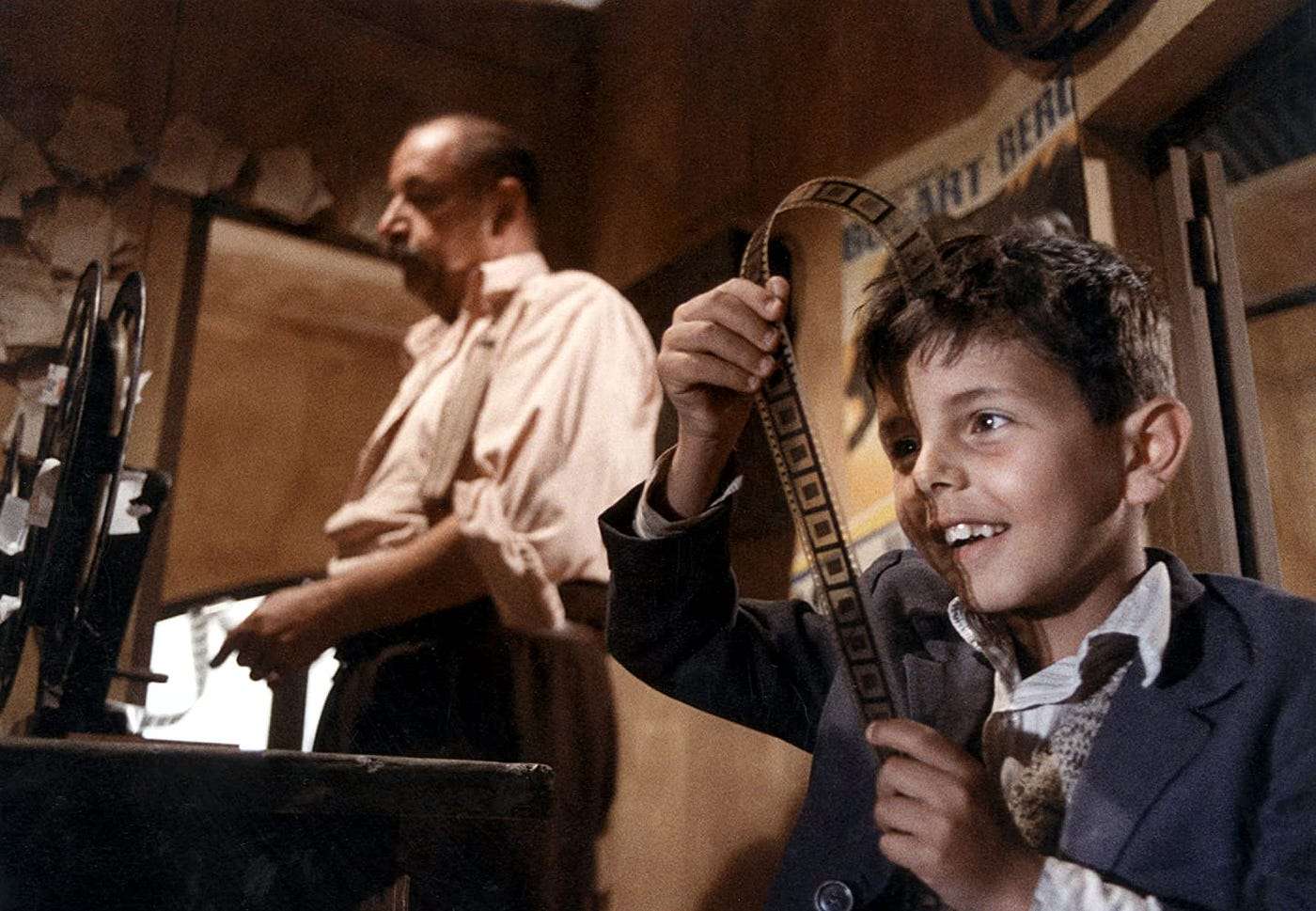
Alfredo is desperate but resolute in his pleas and Toto does exactly that, he does not return for thirty years. But, of course, he eventually returns. During the Q&A portion of the screening when someone asked Tornatore why did Toto return despite being told not to, he replied that that’s the rule of stories — if there is an imposition on someone to not do something, they will do exactly that. So Toto does return, but it is for Alfredo’s funeral. Earlier, Alfredo had told him,
“Living here day by day, you think it’s the center of the world. You believe nothing will ever change. Then you leave: a year, two years. When you come back, everything’s changed. The thread’s broken. What you came to find isn’t there. What was yours is gone…”
However, when Toto returns, he does not find the thread unbroken, he still finds himself tied to this town and his memories of it. The village has changed, with its now buzzing square, highway, and cars. The Cinema Paradiso where Toto had worked is abandoned due to even newer technology like VHS tapes. Toto has also changed — he is a rich, successful director but no longer the romantic he used to be. Still, the thread remains, tying the now unrecognizable person and place together against their will.
This bittersweet relationship is what makes the film’s resolution all the more cathartic: Alfredo had delivered on his promise by making and giving him the supercut reel of the edited-out kiss scenes and Toto had delivered on his by not looking back for as long as Alfredo was standing there satisfied in his knowledge that Toto was far away from the stagnation that might have awaited him had he stuck his heels in that village physically or mentally.
Also, Check: Cinema on Cinema: 30 Great Films About Films
Joking during a conversation, Alfredo had said, “Not to take credit away from the Lord, but if I had created the world, in all modesty, certain things would have come out better. But unfortunately such was not the case.” Toto seems to agree because he goes on to lead his life per the friendship he shared with Alfredo and the values imbibed in him. He creates a successful life for himself by becoming a director and it seems that even the personal parts that remain unresolved and ignored, are taken care of by Alfredo preemptively by saving the reel for him that becomes a point of catharsis in the end. Alfredo may have not been able to create the world, but he did end up shaping Toto’s life and in that, he seems to have done a fantastic job.
The supercut reel that Alfredo had made for him was one of, if not the most, memorable moments in the film. The initial dramatic, almost over-the-top kisses made me laugh, but that laughter very soon devolved into sniffles and tears as the supercut went on and multiple people kissed on screen passionately, shyly, glibly, and tragically. The technology of the films changed but the embrace meant the same.
That moment made me feel intimately connected with the audience in the film itself, who had demanded the kiss scenes, and later swooned and cried over them. The decades of embrace on screen made me feel how looking at handprints in prehistoric art does — a sense of connection that more than making me feel a part of something larger, made me feel like the something larger itself. At that moment, the time involved in history flattened to make history no longer indifferent to my emotions and experience.
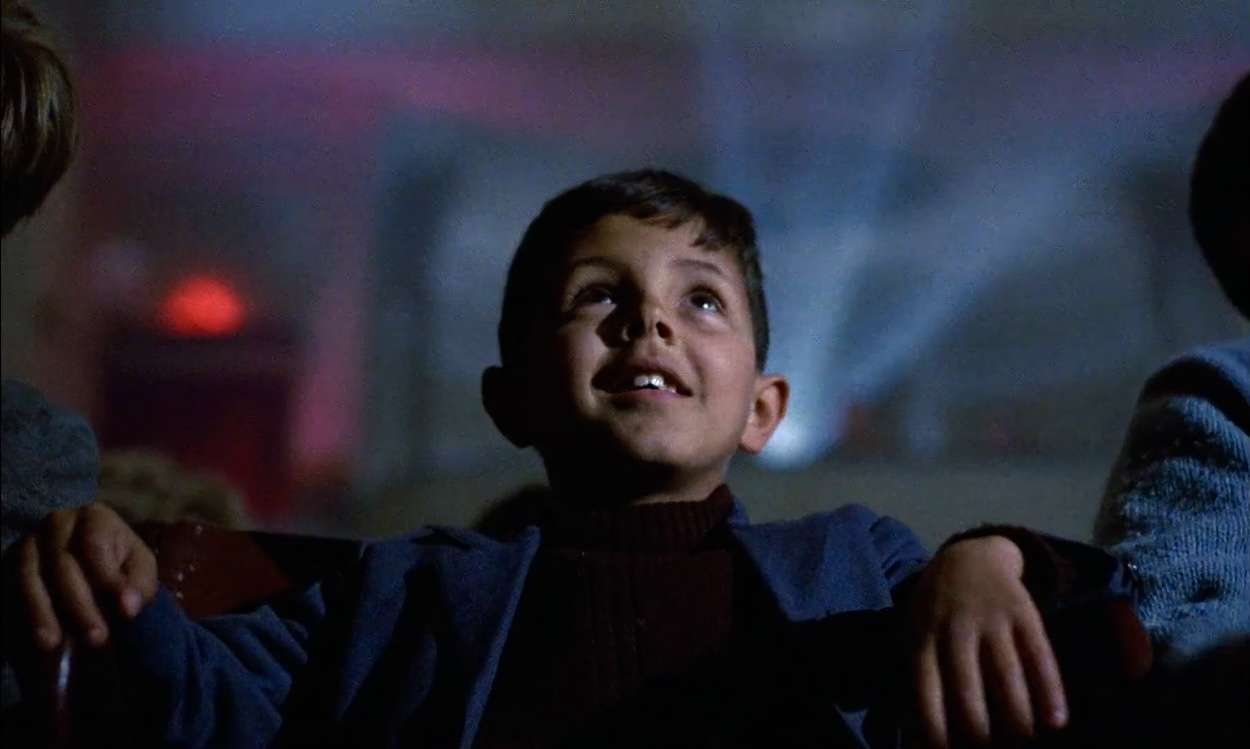
Nostalgia is present like a black hole in the center of the film and Toto’s life circles around it, trying not to fall in. For someone who has fallen in love with films, it is seductive to organize your life retrospectively and to keep returning to familiar places and faces to feed into their nostalgia. Alfredo knows the pitfalls of this all too well which is why his refrain, don’t ever look back hits at Toto so strongly. However, nostalgia does not leave either Toto or his hometown even during the 30 years following his exile. Toto, scorned by fate in love and by distance in friendship, seems to have built a life that does not allow for any emotion strong enough that break through and transform him and his life. The black hole is still there and he is still circling it.
On the other hand, change has metamorphosed the village and the people in it. The village seems to be more prosperous but the prosperity leads to the demise of the Cinema Paradiso. The collectivity of the audience is broken by the arrival of VHS tapes and cassettes that allow people to watch movies on their own in their houses. So, the cinema lapses into financial ruin and is ultimately razed to the ground to make way for the construction of a car park.
Its destruction is the final moment where the village audience comes together to stand witness to something and experience their emotions communally. They stand in silence as it falls, with tears welling up in everyone’s eyes. All that is left to them of the cinema is nostalgia. And who can resent them if they do hold onto it? The cinema bound them together and now they try to hold the cinema together between their memories. Here, nostalgia is not a black hole but a gathering place for connection and remembrance.
The movie does not try to answer how to dance this difficult dance with nostalgia. Sometimes you lead and sometimes you are led. But you must part after the dance is over and the night draws to a close. You cannot be married to your nostalgia. In a way, this is the resolution that Toto experiences on his return. He is no longer fearful of what nostalgia and re-experiencing his past might bring, and neither is he espousing some newfound wish to return, literally or metaphorically, to the place of his childhood and adolescence.
Through viewing the reel Alfredo left for him, and the reel he recorded of Elena, he is embracing the nostalgia evoked by those memories — what he had and what he lost, without giving in as Alfredo had warned him against. Thus, nostalgia becomes a current in his life rather than the central gravitational pull. Alfredo had told him that that place was not the center of the world, no matter how much he might feel that way. Perhaps that is why his departure makes this conciliation upon return possible. He can stand up as a witness to his memories without being engulfed as the center of his world remains elsewhere, likely inside himself.
It is remarkable when a filmmaker turns their camera onto the audience, not to pose a question or offer a remark, but to show them how their faces look — rejoicing, laughing, gasping, and crying in the light of the screen. Tornatore pans the camera wider and wider. First onto the audience and their delight and shock aging with them and changing with the colors and sounds of the movies, then onto the projectionist and his protégé, who together watch the audience and take satisfaction in their reactions, and finally onto the village itself which first proudly celebrates and then mourns the movie theatre’s forgotten carcass.
After the screening, someone interviewed my friend and me about our experience, and she said that while watching the movie alone on her laptop, she had not cried once. But watching it again with others on the big screen had made her tear up multiple times because she could experience it differently being part of a collective. A movie makes you feel seen. But it also helps you see beyond yourself and when this process happens alongside several people, the acts of looking and being looked at take place within a brief period of extended experience. A movie audience is more than the sum of its parts; it acts as a parallel projectionist, expanding and controlling the reflection of the images on the screen.

